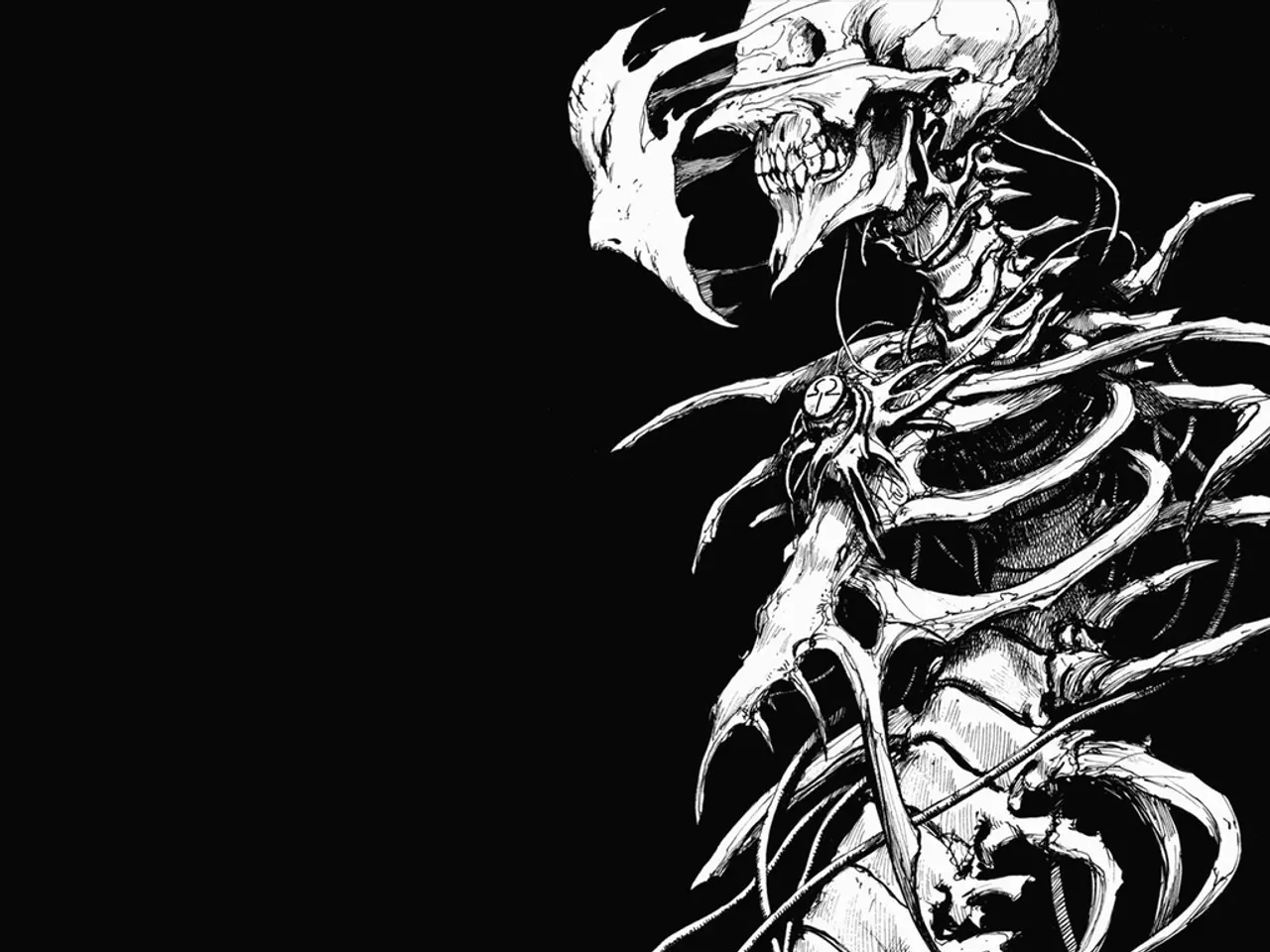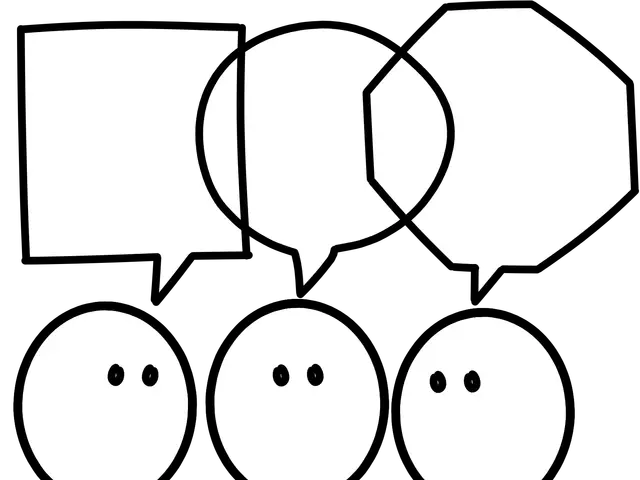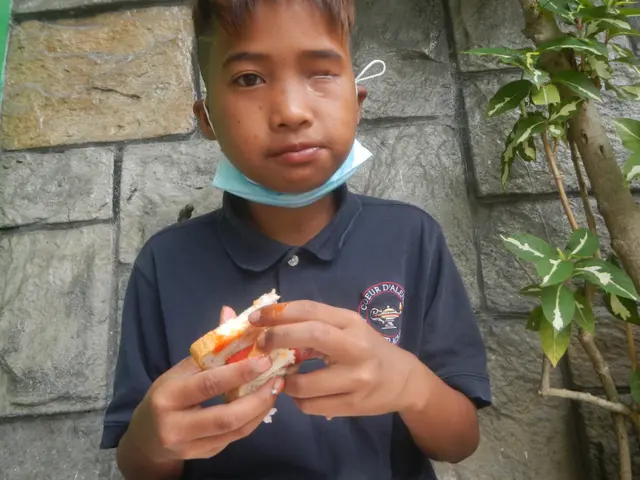Schizophrenia in its simplest form: Description, remediation, and additional details
Simple schizophrenia was a subtype of schizophrenia that was once recognised for its predominant negative symptoms, such as social withdrawal, apathy, and reduced motivation. However, this subtype is no longer a diagnostic category in the U.S., with modern diagnostic systems like the DSM-5 and ICD-11 viewing schizophrenia as a spectrum disorder without formally recognising subtypes like simple schizophrenia.
History and Current Status
In earlier psychiatric classifications, simple schizophrenia was described as a form involving mainly negative symptoms, with no or minimal psychotic features such as hallucinations or delusions. It was differentiated from other types like paranoid or disorganized schizophrenia that featured strong positive symptoms.
From the late 20th century onward, psychiatric diagnostic manuals including the DSM have moved away from rigid subtypes because they did not consistently predict treatment response or prognosis. The DSM-5 (2013) no longer includes subtypes of schizophrenia, including simple schizophrenia, viewing the condition as a continuum of symptoms varying in presentation and severity.
As a result, simple schizophrenia is now considered a historical or descriptive term rather than a formal diagnosis in current psychiatric practice.
Symptoms
The symptoms of simple schizophrenia mainly comprise negative symptoms, including social withdrawal and isolation, reduced emotional expression, apathy and lack of motivation, poverty of speech, decline in personal hygiene and self-care, and cognitive deficits such as decreased attention and executive dysfunction. Unlike other schizophrenia types, positive symptoms like hallucinations and delusions are minimal or absent, and disorganized behaviour or speech is typically lacking.
Causes
The causes of simple schizophrenia are thought to be similar to those of schizophrenia generally. These include genetic vulnerability combined with environmental factors, neurobiological abnormalities involving dopamine dysregulation and brain structure/function changes, and possible links to specific neurodevelopmental pathways. However, definitive etiological distinctions remain unclear.
Treatments
Treatment of simple schizophrenia follows general schizophrenia protocols, mainly focusing on antipsychotic medications to prevent progression and manage symptoms. However, response might be less robust given the lack of prominent positive symptoms. Psychosocial interventions such as cognitive-behavioral therapy, social skills training, and occupational therapy are crucial due to prominent functional impairment from negative symptoms.
Because negative symptoms are often less responsive to current antipsychotics, emphasis on integrated care including psychotherapy and rehabilitation is important. Early intervention aimed at preventing worsening functional decline is key.
In summary, simple schizophrenia was a possible subtype of schizophrenia characterised by negative symptoms. Although it is no longer an official diagnosis, the constellation of negative symptoms remains an important clinical aspect of the schizophrenia spectrum. Treatment involves antipsychotic medication and supportive psychosocial therapies targeting the often disabling negative symptoms and impaired functioning.
Read also:
- Woman in Texas files lawsuit against Marine, alleging drug-laced beverage with aborted fetus medication
- Instructions for Harmonizing Fitbit with Your Apple Device
- End-of-Life Management and Care for Glioblastoma Patients
- Government agency GovCIO plans to acquire SoldierPoint Digital Health, aiming to expand digital health services for the VA.






